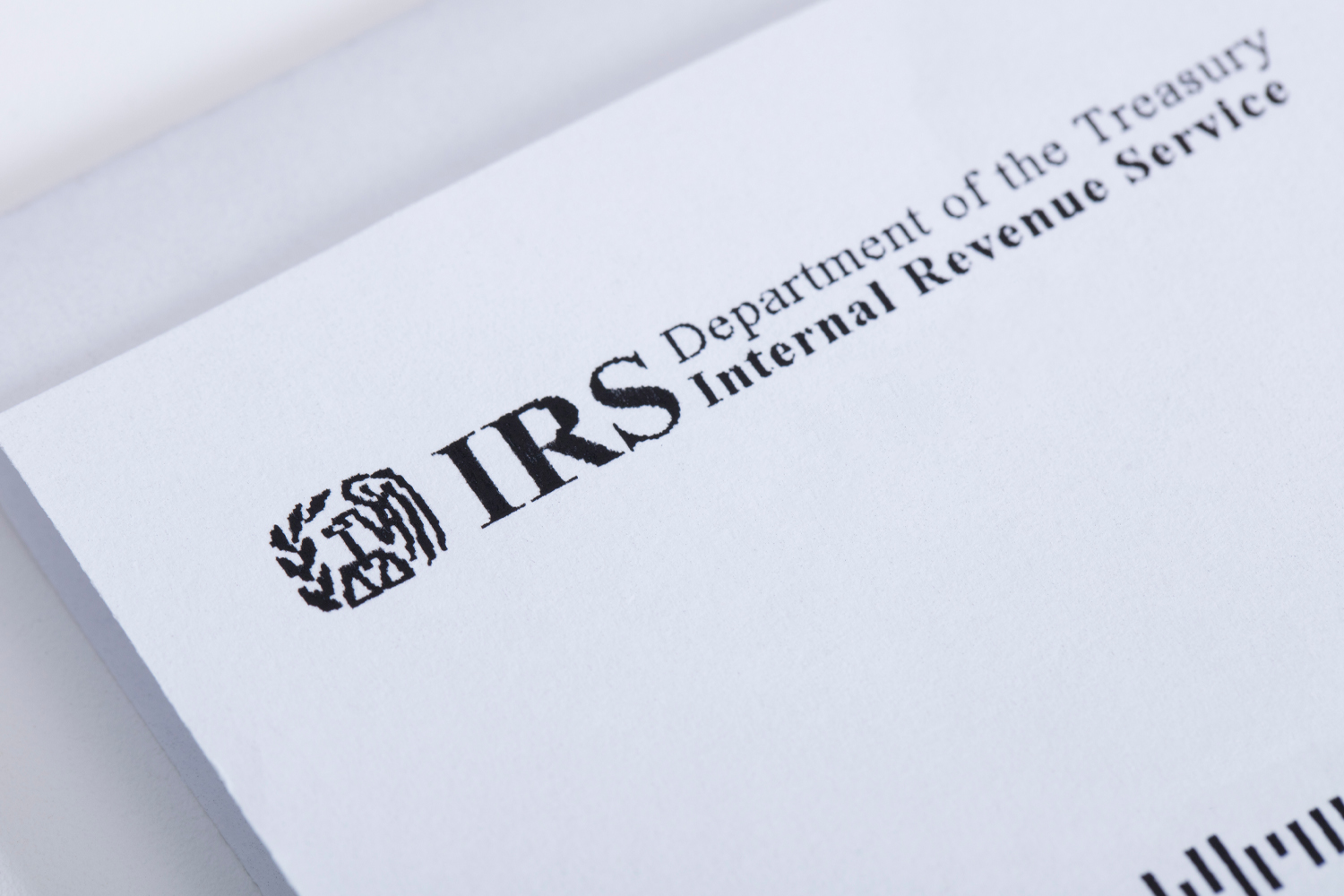
The IRS announced Wednesday in a news release the letters and notices it will not send taxpayers as it works through its backlog of unprocessed prior-year returns.
In a Jan. 27 announcement, the Service said it was suspending certain automated letters and notices without identifying them specifically, saying only that they included, for example, those for which it has received a payment but has no record of the corresponding tax return’s having been filed. The IRS said it was doing so in recognition of the possibility that the return was in fact filed but had not yet been processed.
On Feb. 9, the IRS identified the letters and notices it is suspending and described their function. They include notices of unfiled returns and unpaid balances generally, including a final notice of an outstanding balance and intent to levy.
In a statement Thursday, the AICPA called the announcement a welcome step.
“We are encouraged by recent actions taken by the IRS to suspend more automated notices and pleased to know that the IRS is listening and acting,” the AICPA said. “Taxpayers, practitioners, and IRS will benefit from reducing unnecessary contact, such as erroneous notices or warnings of levy, and provide much-needed relief during an already stressful and overwhelming tax season.”
The AICPA said it continued, however, to urge the IRS to consider providing additional relief, until the Service “significantly and meaningfully” reduces its processing backlog.
These measures should include longer account holds, easier reasonable-cause relief, and expanded payment safe harbors, which are among four recommendations of the Tax Professionals United for Taxpayer Relief Coalition, of which the AICPA is part.
The IRS identified the suspended letters and notices as:
- CP80, notice of an unfiled tax return. The IRS sends this when it has credited payments or other credits to the taxpayer’s account but has not received a tax return for the tax period.
- CP59, unfiled tax return, first notice. The IRS sends this when it has no record of a prior-year return’s having been filed. The Spanish-language version, CP759, is included.
- CP516, unfiled tax return, second notice. This is a request for information on a delinquent return for which there is no record of filing. The Spanish-language version, CP616, is included.
- CP518, final notice — return delinquency. The Spanish-language version, CP618, is included.
- CP501, balance due, first notice. This letter is a reminder of an outstanding balance on the taxpayer’s accounts.
- CP503, balance due, second notice.
- CP504 balance due, third and final notice. This also is a notice of intent to levy.
- 2802C, withholding compliance letter. This letter notifies taxpayers whom the IRS has identified as having underwithheld taxes from their wages, with instructions on correcting their withholding amount.
- CP259, business return delinquency. The IRS has no record of a prior-year return’s having been filed. The Spanish-language version, CP959, is included.
- CP518, final notice of a business return delinquency. The Spanish-language version, CP618, is included.
How long the letters and notices will be suspended or at what point the backlog can be considered sufficiently cleared to resume them remains unclear. The news release Feb. 9 said the IRS “will continue to assess the inventory of prior year returns to determine the appropriate time” to start sending them again. And there has been no mention of relieving taxpayers from their obligation to file returns or pay taxes that are the subject of the letters and notices, if those returns and taxes are indeed unfiled and unpaid.
The IRS encouraged taxpayers who believe they do have such an unfulfilled obligation to meet it. But if they receive a notice or letter they believe is incorrect because they have filed the return or made the payment it concerns, they need take no further action. Despite the suspension, some erroneous letters and notices may still be sent out, the IRS warns.
The IRS also reiterated its determination to reduce its backlog, even as the current filing season places renewed demands on its processing functions. In an internal memo on Feb. 2, IRS Commissioner Charles Rettig called for “all hands on deck” to bolster the Service’s accounts management function, by temporarily reassigning personnel there.
In testimony before the House Ways and Means Committee on Tuesday, National Taxpayer Advocate Erin Collins noted that as of late December, the IRS had a backlog of 6 million unprocessed individual returns and 2.3 million unprocessed amended individual returns. In addition, more than 2 million Forms 941, Employer’s Quarterly Federal Tax Return, and its amended version remained unprocessed. Many of the latter included claims of the employer retention credit emergency pandemic relief provision.
Roughly 17 million original returns were filed last year on paper, which have taken the IRS as long as 10 months to process, Collins said. They include about 3 million returns still awaiting scanning and manual transcription into IRS computer systems, she said.


